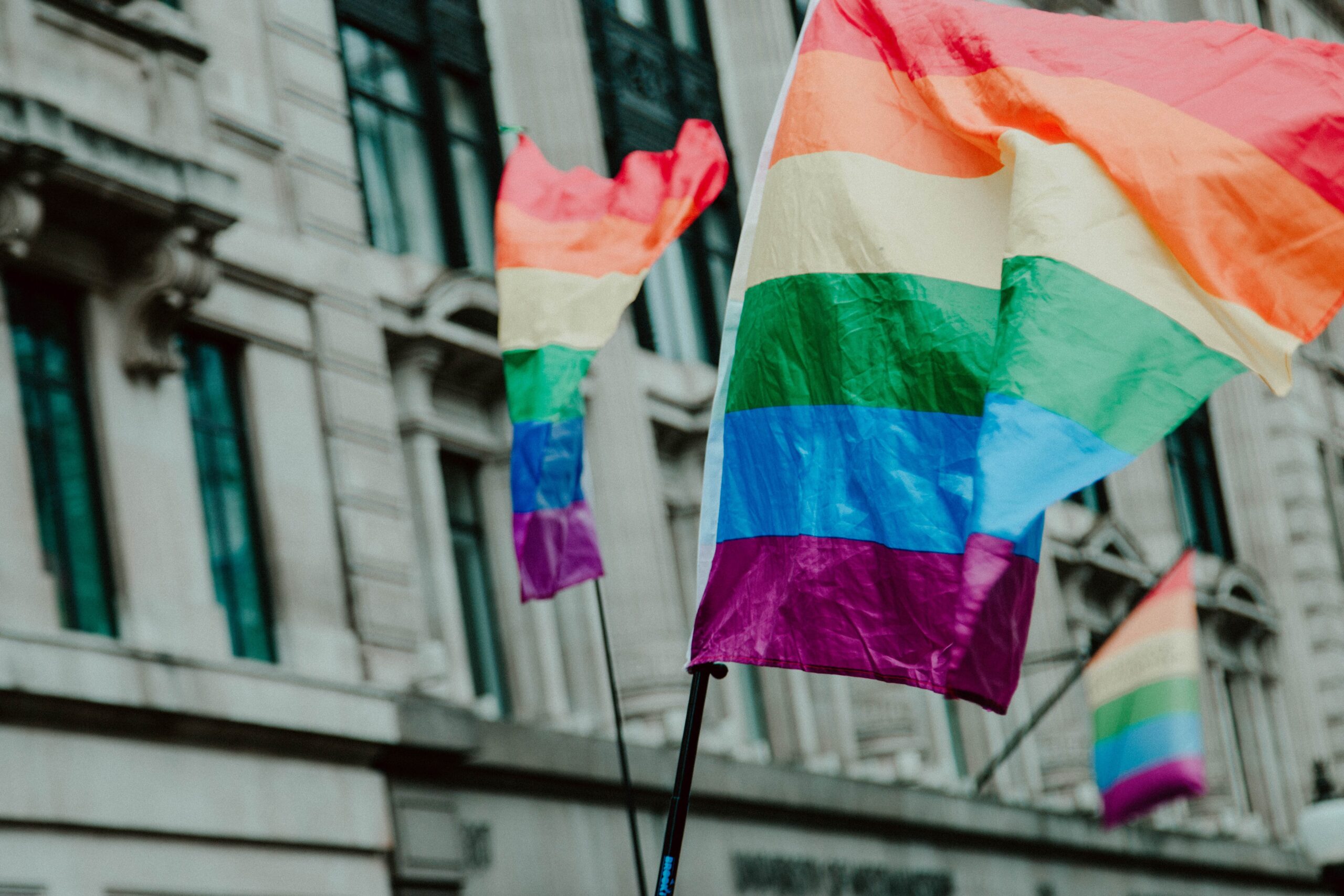A new study found that Muslims who identify themselves as lesbian, gay, bisexual, transgender, queer or intersexual (LGBTQI+) were more likely to gain asylum in Germany if they conformed to Western stereotypes of homosexuality. The findings were detailed in the journal Ethnic and Racial Studies.
“In order to gain asylum, asylum seekers must convince officials of their permanent identity as ‘gay’, ‘lesbian’, trans’, ‘bi’, and/or ‘intersex.’ They also need to demonstrate that their sexual and gender identity has led to them being persecuted in their home country,” said Mengia Tschalaer, an anthropologist at the University of Bristol and the lead author of the study.
According to Tschalaer, LGBTQI+ asylum applicants felt the notion to display “flamboyant” or “outspoken” behavior in their asylum interview, participate in LGBTQI+ activism, attend gay/queer pride marches, and conform to lesbian or gay groups, to prove their sexuality. This, in turn, increased their success in obtaining asylum.
Tschalaer interviewed 15 refugees and asylum seekers originating from Iran, Lebanon, Pakistan, Syria, and Tunisia who were self-identified as LGBTQI+. Asylum judges, lawyers, and representatives of LGBTQI+ refugee counseling centers, residing in Berlin and Cologne, also took part in the study.
After questioning all participants, Tschalaer found that most applicants granted asylum were of male gender at birth, actively engaged in gay-queer activism in their home country, and/or originated from a middle to upper-class background. The successful applicants were also more open of their sexuality and had active memberships in local LGBTQI+ organizations, a factor considered vital in successfully obtaining asylum, likely due to preparational support for the interviews.
“My research showed that most successful applicants were very well informed about what is expected from them at the asylum interview – which was for their asylum story to align with Western notions of queer/gay lifestyles, i.e frequent visits to gay discos and parties, public display of love and affection, wearing rainbow-coded clothing, etc,” Tschalaer stated.
The participants who did not openly identify as LGBTQI+ found it more challenging to speak of their sexuality due to fear of persecution or stigma.
“LGBTQI+ asylum seekers who felt forced to hide their sexuality and/or gender identity, and who felt uncomfortable talking about it were usually rejected, as were those who were married or had children in their countries of origin. This was either because they were not recognised or believed as being LGBTQI+, or because they were told to hide in their country of origin since they had not come out yet.”
“Quite a few of my interviewees also mentioned that they felt that their translator held a homo-/transphobic attitude or did not translate properly due to their lack of knowledge of gay/queer/trans issues. For example, one Somalian man said that his fear and shame of coming out as gay – coupled with his translator’s known negative attitudes toward homosexuals – stopped him from being able to talk openly about his sexuality, leading to the rejection of his asylum claim.”
The study also concluded that asylum applicants who perpetuated Germany as a liberal, non-discriminative country, while portraying their country of origin as homophobic, had a higher chance of receiving refugee protection.
Although LGBTQI+ refugees are more likely to see less discrimination in Germany or other European regions compared to Muslim countries, which still considers homosexuality as illegal, there is said to be a cause for concern that the asylum system may lean more towards the right on immigration in Germany.
“We need to train decision makers, judges and translators around the topic of LGBTQI+ so that they are more knowledgeable about LGBTQI+ identities and sexualities, and so as not to reproduce Islamophobic tendencies in the current immigration practices and debates in Germany,” Tschalaer suggests.
“Access to legal resources and support for LGBTQI+ also needs to be streamlined, as LGBTQI+ asylum seekers who had access to information on the asylum process in Germany were much more successful.”


